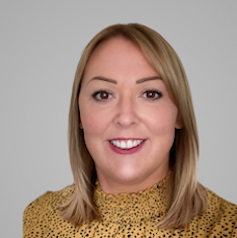The 5 most common questions we get asked about Menopause
- Although these are often the symptoms women are open about discussing, not all women will get them. Some women may wake up feeling clammy, but nothing more, or generally feel hot, but without the intense build up to a flush. Some may experience one or two a day, whilst others may have several an hour.
- Are there natural alternatives to HRT? Yes, but the evidence base for some treatments are limited and the quality and therefore safety of the products varies greatly. Herbal or natural remedies may include St John’s Wort, Black Cohosh, Isoflavones, Evening Primrose Oil, Sage, and Soya. There are non-hormonal prescription medications that can be used also, as well as Cognitive Behavioural Therapies.
- What age should I expect the Menopause to happen? The average age for your periods to stop, in the UK, is 51. But symptoms can start long before this. Menopause from the age of 45 years is considered normal, before the age of 45 it is considered early and before the age of 40 is known as Premature Ovarian Failure.
- How do I deal with the symptoms? Initially, they might not bother you too much, lifestyle modifications, changing the fabric you wear, keeping cool etc might help, but when the symptoms are impacting on your life, work, relationships, then it is likely that you need further help.
- Do irregular or missed periods mean I’m Menopausal? Periods can skip sometimes due to stress or illness, and pregnancy always must be considered, but a change in your cycle could be a sign that your hormones are changing. This can go on for several years, some women will get much heavier and longer and more painful periods, some lighter and less frequent. There is no set pattern to what happens.
You can read more about menopause symptoms and treatment here.
Would you like to discuss your questions with a specialist?
If you’d like to speak to a specialist about any aspect of menopause then book an appointment now with our menopause team, led by Dr Verity Biggs, here.




